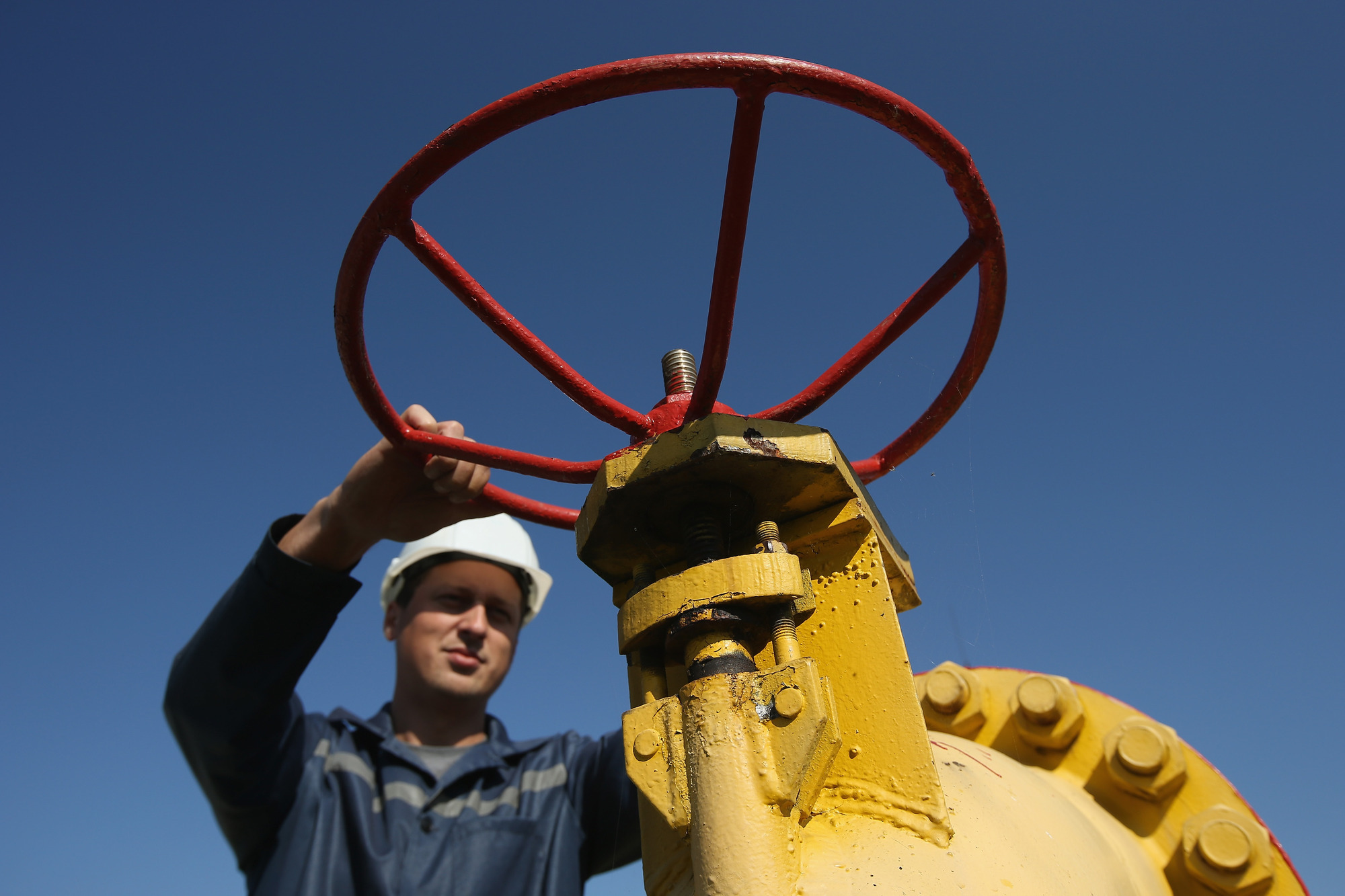Has Europe really overcome its natural gas crisis and achieved independence from Russia? At first glance, one could think so. The FT reported yesterday that the European gas market has proved “far more resilient” to challenges it has faced since the full-scale invasion of Ukraine in 2022. At a closer look, however, it becomes equally likely that this is the calm before the next storm.
First of all, the use of fossil fuels follows the business cycle: in times of economic expansion, usage goes up because factories are producing more, trucks are delivering more, and offices are more intensively used. All of this requires energy, and the consumption of fuels like natural gas rises accordingly. The exact opposite is true during a recession. A decline in production causes an almost immediate decrease in fossil fuel needs.
This is also one of the main differences between fossil and renewable sources of energy: wind and solar, for example, operate independently of the business cycle. If the wind blows and the sun shines, they produce electricity, regardless of the actual demand. This is something to keep in mind when reading headlines about the increased share of renewables in the European energy mix. This has more to do with the state of the economy than permanently reduced gas needs and independence from Russia. In Germany, for example, output in energy intensive industries has fallen almost 20% compared to the 2021 average.
As soon as EU economies start growing again, energy consumption will increase accordingly, and the question is where this energy will come from. In fact, countries that are expecting an improved economic outlook already this year are reacting accordingly. The United States, for example, is extending the runtime of coal fired power plants and is considering bringing back mothballed nuclear power stations, while India and China continue to build out all sources of energy.
At the moment, the European plan to reverse its economic fortunes must be squared with the plan to abandon the entire pipeline network that connects Europe to its former major supplier: Russia. Plagued by already notoriously high energy prices, the complete replacement of Russian supply will create new costs on multiple fronts, all of which will lead to new burdens for Europe’s companies and consumers. Countries like Hungary and Austria still depend heavily on Russian gas, and creating new infrastructure for more expensive US or Qatari LNG will not be as easy as many believe.
As the Financial Times reports, abandoning the existing pipeline network with Russia will also have a hefty price tag: “So-called transmission system operators (TSOs) in Czechia, Austria and Slovakia are all planning to raise their fees for transporting gas through their systems to cover lost Russian transit revenue. These extra transport costs will make it more expensive to ship gas south and west to central Europe”.
A cynical observer could claim that, while Russia has not sanctioned Europe, the Europeans have sanctioned themselves, creating the unsustainable situation where deindustrialisation has been the key to lower energy prices. But this is tantamount to losing weight via starvation. It can work for a while, but in the end it is going to be lethal. Furthermore, there is growing evidence that the European public will refuse to go along with this. From Orbán in Hungary to Fico in Slovakia, there is a growing number of politicians who openly oppose energy independence from Russia. Similar positions are taken by major opposition parties like the AfD in Germany or the Freedom party in Austria.
Given current political trends — unless pipelines are deliberately destroyed like Nord Stream 2 — it is premature to talk about an end of Europe’s reliance on Russia. It might be a pause, but once energy needs pick up again, the temptation to use an existing pipeline network will be hard to resist.











Join the discussion
Join like minded readers that support our journalism by becoming a paid subscriber
To join the discussion in the comments, become a paid subscriber.
Join like minded readers that support our journalism, read unlimited articles and enjoy other subscriber-only benefits.
Subscribe